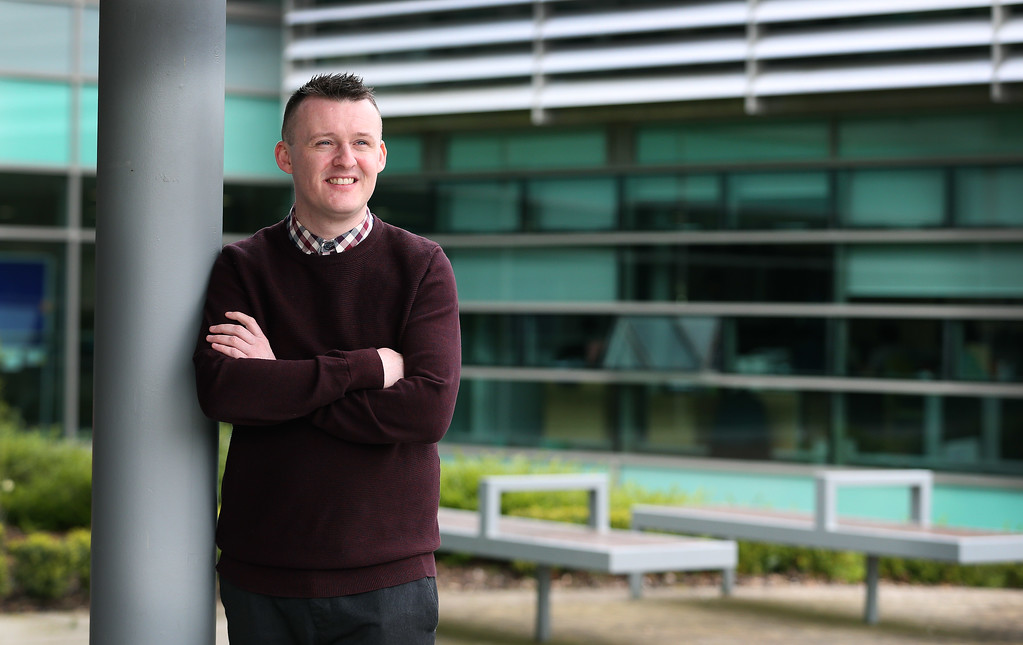
Joint enterprise is a controversial common law doctrine. It was claimed – in a recent debate secured by the Labour MP Lucy Powell – joint enterprise has ‘produced one of the biggest and most widespread miscarriages of justice ever to face our justice system’. Many MPs backed calls for a review.
Put simply, joint enterprise is when two or more people are deemed criminally liable for a single crime. You can be deemed criminally liable by being associated with a crime even if involvement was peripheral. In other words, they don’t have to have shown intent or have delivered the ‘killer blow’.
Joint Enterprise not Guilty by Association (JENGbA) co-founder Jan Cunliffe recently delivered an inspiring guest lecture at Edge Hill University, arguing that joint enterprise is an outdated, prehistoric law that draws innocent people – especially vulnerable children and Black Asian Minority Ethnic (BAME) individuals – into the criminal justice system.
At the Edge Hill event, Jan discussed her son Jordan Cunliffe’s case, explaining how he did not witness the murder of Gary Newlove as he was blind. Thus, Jan said he could not have understood what was happening let alone encourage what he could not see. Despite this, the jury found him guilty of murder and as Jan alluded to this was because of joint enterprise, or the notion of ‘possible foresight’ being applied.
It has been argued Jordan Cunliffe has one thing in common with others listed on the JENGbA website – they have not been found guilty ‘beyond all reasonable doubt’ but rather on the basis of a ‘possibility’.
The government need to take the JENGbA campaign seriously. I urge you to support the brave and persistent JENGbA campaign and help to address wrongful convictions of, according to JENGbA and acknowledged in the recent debate in the House of Commons, hundreds of innocent people.
Sean Creaney is a Lecturer in Psychosocial Analysis of Offending Behaviour in the Faculty of Health & Social Care at Edge Hill University. He is a former Trustee at the National Association for Youth Justice. He is currently an advisor at the social justice charity Peer Power, and a PhD candidate at Liverpool John Moores University. He also writes The Youth Justice Blog in Children and Young People Now.
